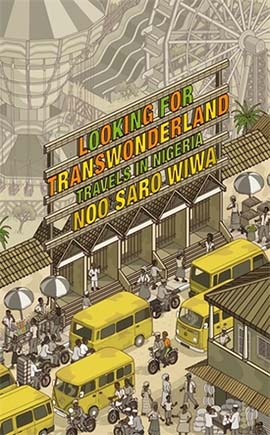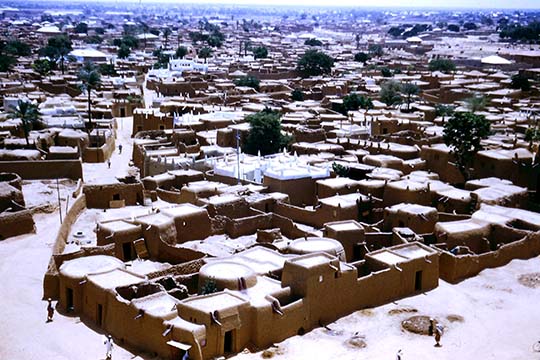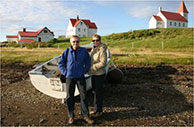Looking for Transwonderland
Friday, 3 August 2018Although she grew up in England and lives there today Noo Saro-Wiwa definitely has a strong connection to Nigeria. In 1995 her father Ken Saro-Wiwa, an environmental activist (and a peaceful one) was hanged along with 10 others who had the temerity to complain about the awful dictatorship of Sani Abacha. As a result Nigeria was suspended from the Commonwealth although only for four years. There have been other spells of terrible government in the following years, in fact years of useless governments probably outweigh the better ones.

Despite which Nigeria – with a population approaching 200 million – is the largest country in Africa (one in five Africans is a Nigerian) and has the largest economy. Inequality is also a big part of the Nigeria story, there’s no shortage of poverty and at the same time no shortage of extremely rich Nigerians flaunting their Instagram wealth. Nigerians are up there with Russian oligarchs and Middle East oil wealth when it comes to expensive London property ownership.
Saro-Wiwa certainly has plenty of reasons to hate Nigeria, but the tale of her four-month exploration of her homeland is as much love as hate. She’s certainly frustrated by the endemic corruption and inefficiency –
Transwonderland, the failed Ibadan amusement park, is a fine symbol of that hopeless inefficiency, ditto for the Tinapa shopping centre in Calabar, which blew through more than US$300 million on its way to disaster. Despite which there’s colour, music, activity, life and plenty of other reasons to keep her spirits up. Of course she spends time in Lagos, the country’s mega-city, but her travels take her all around Nigeria.
Looking for Transwonderland is very unlikely to convince many people to add Nigeria to their ‘must see’ list and I have to confess it’s not one of the 27 African countries I have set foot in. Eritrea earlier in 2108 was the most recent. It’s also far from the easiest country in Africa to visit, quite apart from all the travel difficulties it throws up the Nigerian government is far from helpful when it comes to issuing visas. Nevertheless it’s on my list and I won’t be the first visitor from my family. My parents lived in Kano for a spell back in 1956.
 ▲ A view of Kano from the mosque minaret, one of my father’s photos from his time there.
▲ A view of Kano from the mosque minaret, one of my father’s photos from his time there.
If you want to read more about Nigeria check Barnaby Phillips’ article The Top 10 Books about Nigeria in The Guardian.






